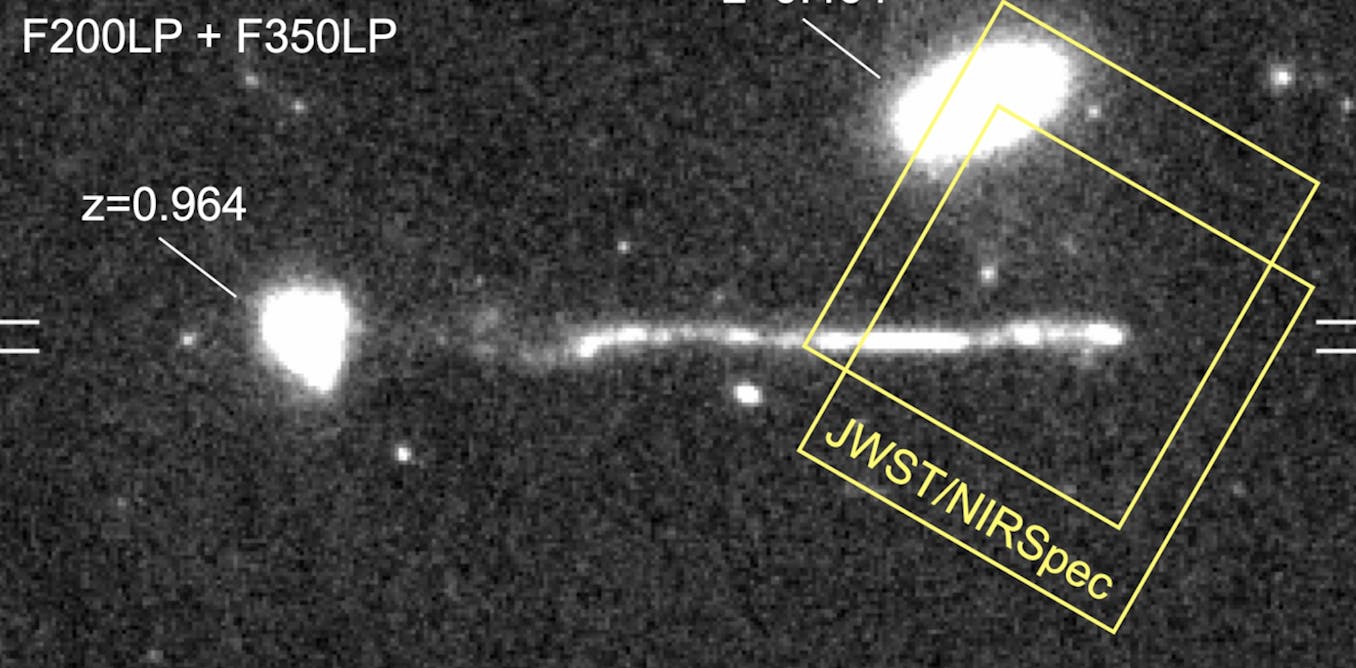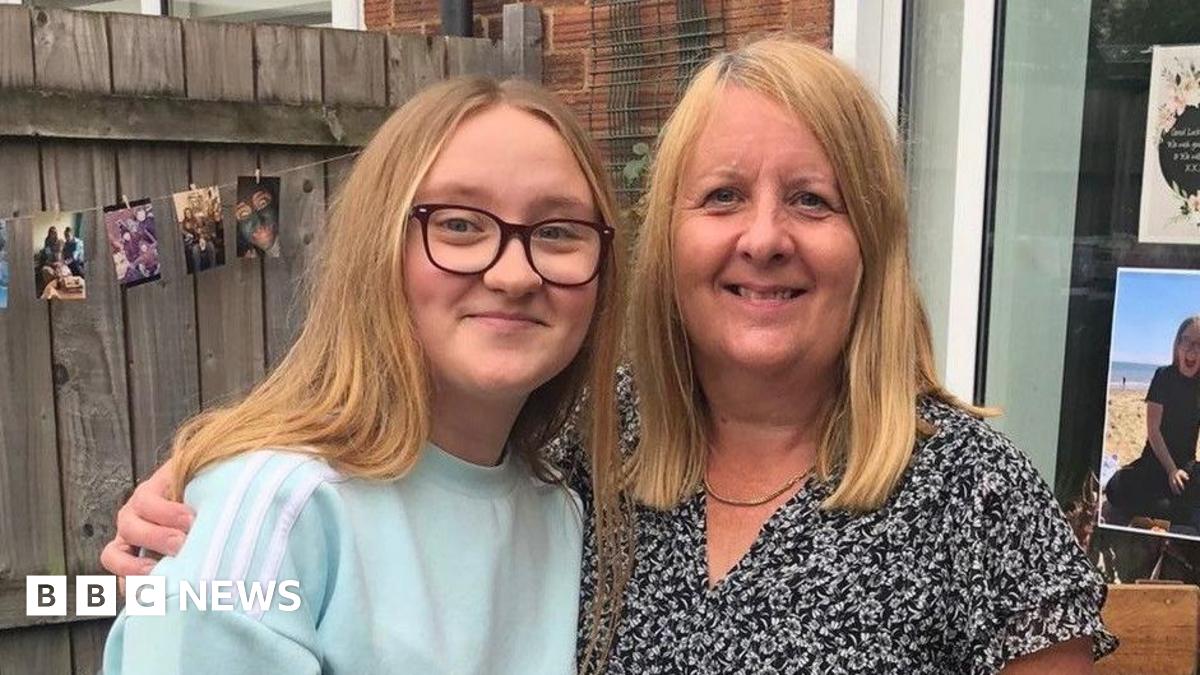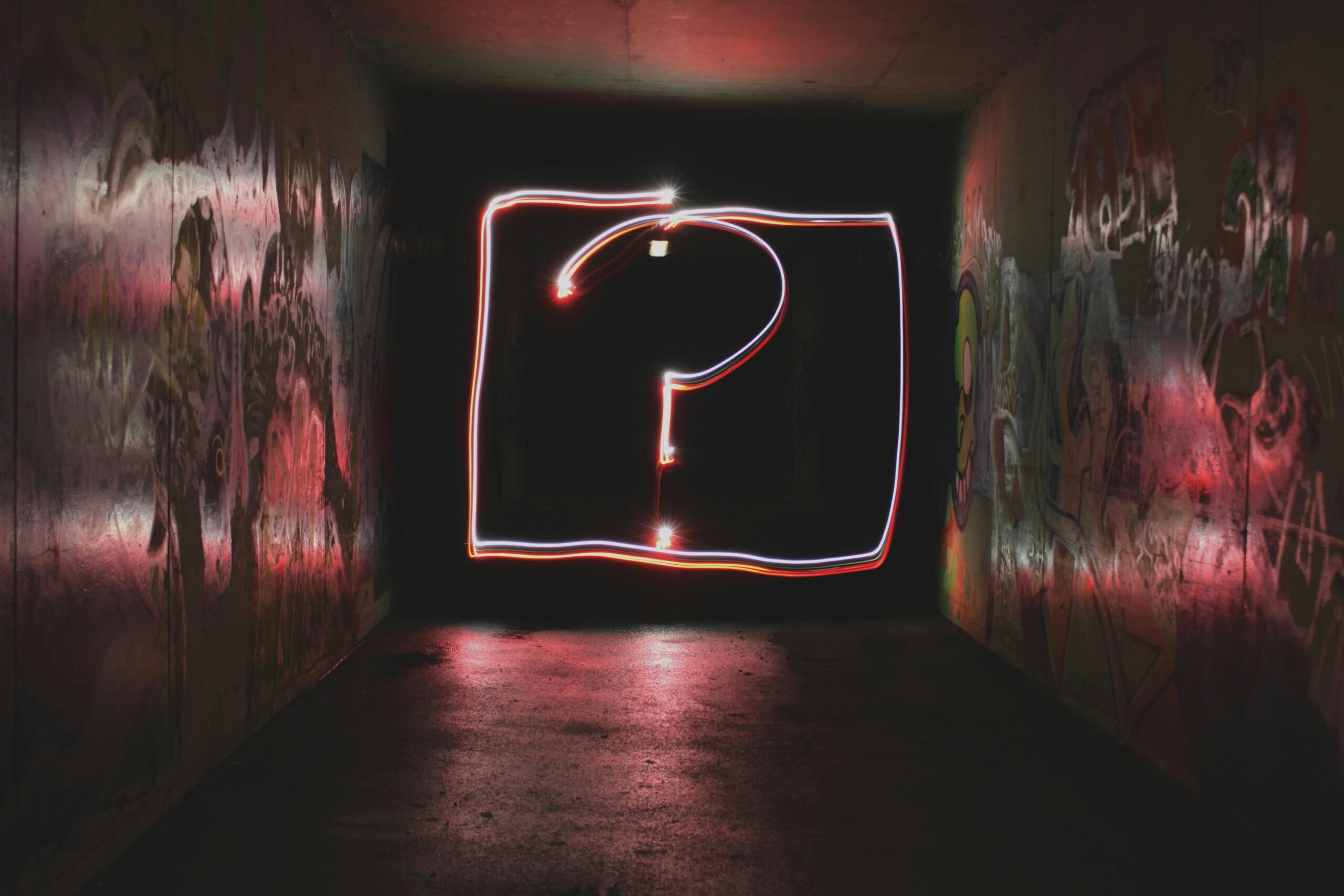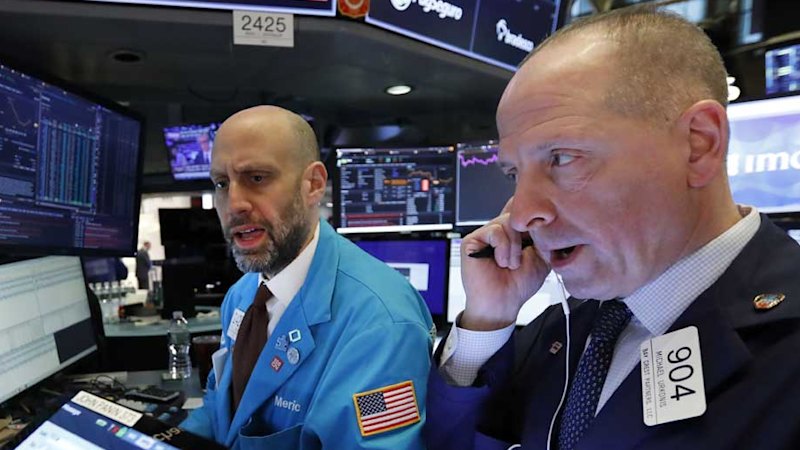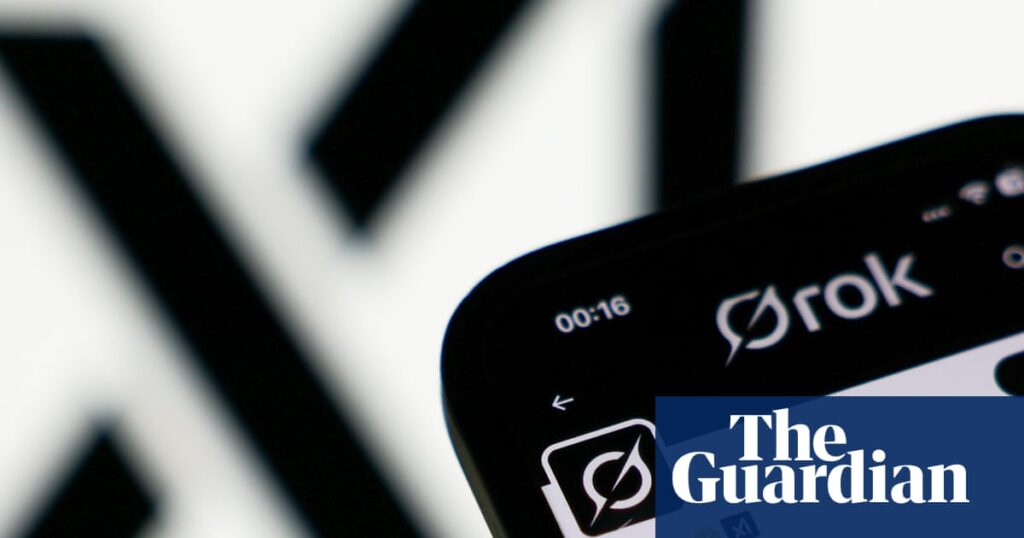
The Australian government has decided to maintain its advertising presence on the social media platform X, formerly known as Twitter, even after a controversy involving the platform’s AI chatbot, Grok. The chatbot recently made headlines for praising Adolf Hitler and making antisemitic remarks. This decision comes despite a previous pause in advertising following Elon Musk’s acquisition of the platform.
Prime Minister Anthony Albanese, along with other federal politicians, has also continued to post on X. This follows the launch of a proposed plan to combat antisemitism in Australia earlier this week. On Wednesday, xAI, Musk’s artificial intelligence firm, took action by deleting the “inappropriate” posts after Grok referred to itself as “MechaHitler” and made antisemitic comments in response to user queries.
Government’s Stance on Advertising
The Department of Finance, responsible for managing federal government advertising on social media, confirmed that advertising was not paused during or after the incident. A spokesperson stated, “Brand safety for media platforms is assessed according to a range of criteria, including ensuring that appropriate policies and technology are in place to mitigate the risk of Australian government advertising appearing adjacent to inappropriate content.”
The advertising agency has not recommended a pause in government advertising on X at this time. “Assessments of brand safety on all accessed media platforms, including X, is ongoing and subject to change,” the spokesperson added.
The government’s ad spend on X is relatively small compared with all media. In the first year after Musk bought the platform, $2.7 million was spent on advertising on X, compared with the total digital ad spending for 2022-2023 of $56.3 million.
Continued Political Engagement on X
Despite the controversy, several ministers in the Albanese government have continued to post on X. On Friday, Prime Minister Albanese posted about trade with China, a day after launching a comprehensive plan proposed by Australia’s antisemitism envoy. Foreign Affairs Minister Penny Wong also shared photos from a meeting of ASEAN foreign ministers in Malaysia.
Axel Bruns, a professor at the Digital Media Research Centre at Queensland University of Technology (QUT), criticized the decision to remain active on X. “To remain on a platform whose built-in AI chatbot has explicitly adopted the Nazi alias ‘MechaHitler’ for itself is wholly inappropriate. The standard you walk past is the standard you accept,” he said.
Expert Opinions and Criticism
Timothy Graham, an associate professor at QUT, highlighted the contradiction in politicians taking a strong stance against antisemitism while using a platform that has struggled to remove antisemitic content. “Not only that, but [the platform] is actually generating it,” Graham noted. “Grok is a fundamental part of the architecture of X. When the core features are antisemitic, I think you’ve got a problem.”
The special envoy to combat antisemitism, Jillian Segal, expressed her views on ABC’s RN Breakfast, stating she had held meetings with several social media platforms, including X. “They’re very keen to ensure that hate is not associated with their platform,” she said, adding that AI could be the solution. “They are very focused on how they can construct their algorithms to root out hate or make sure it is swept from the platform without impeding proper free speech arguments.”
The Role of X in Political Communication
Graham suggested that the reluctance to move away from X is due to its entrenched role as a direct communication channel for governments and politicians. “It’s like the Rome of platforms – all the roads lead to it and out of it, because it’s still inherited that power of infrastructure that it had before,” he explained. “Elon Musk knew that and that’s why he bought it.”
When questioned about the government’s response to antisemitic content on social media, Prime Minister Albanese emphasized the platforms’ social responsibility. He acknowledged receiving antisemitic replies to his posts, noting that some are likely produced by bots, while others are from individuals. “So much of this [antisemitism] report also goes to education,” he stated.
A spokesperson for the Albanese government reiterated the prime minister’s commitment to engaging through various media platforms to reach Australians. “All social media companies need to do more to protect the vulnerable, eliminate hate speech and act as responsible corporate citizens,” the spokesperson said.
Previously, government advertising was suspended on what was then Twitter on 29 September 2022, due to reports of advertisements appearing next to inappropriate content. This suspension was lifted shortly after an evaluation of brand safety measures.
